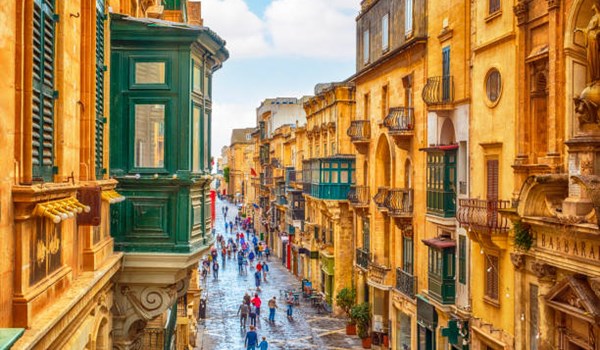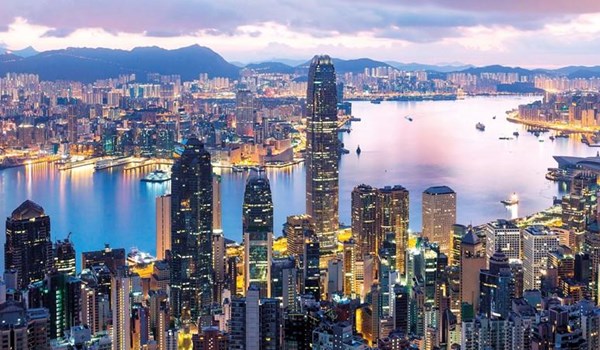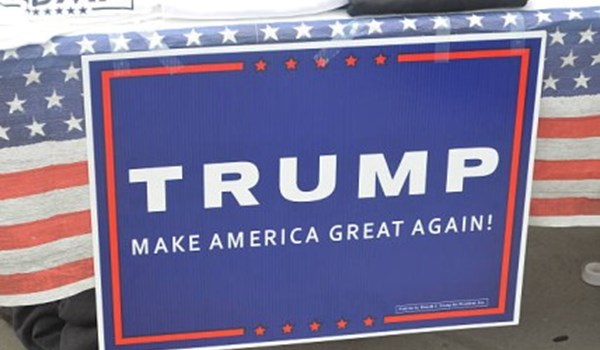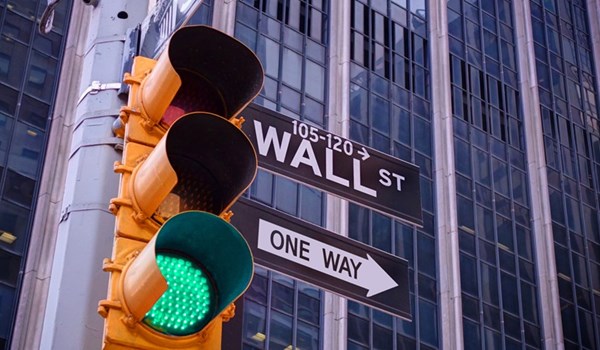While all governments battle to find funds for better healthcare, schools, roads and other services, African countries are disproportionately groaning under an ever-increasing debt burden.
For years now, African governments have, on average, spent more on debt repayments than on healthcare. Inflation, meanwhile, is further reducing their ability to invest. To break this cycle, governments are looking to tap into new revenue sources.
“Many countries are opting for the easiest route, reaping the rewards that hang lowest,” says tax expert Alvin Mosioma. He is the deputy director of an economic and climate program at the Open Society Foundation in Nairobi.
“Governments levy consumption taxes because they know that people need to consume. You cannot escape such a tax,” Mosioma tells DW.
New consumer taxes face the wrath of citizens
In Kenya, citizens, already reeling from inflation, were enraged by the prospect of new taxes. After President William Ruto’s June 2024 announcement to reduce the national debt by means of new taxes on food and consumer goods, popular protests exploded, forcing Ruto to withdraw the plans and replace large parts of his cabinet.
The resistance, which was mainly supported by Generation Z, also inspired people in Nigeria, Uganda and Ghana to stage their own demonstrations.
There, the focus was less on specific government plans and more on the ever-increasing cost of living, which places a heavy burden on poorer people in particular.
According to Mosioma, each country must calculate the level of wealth individually to determine how to tackle inequality.
“We should not limit ourselves to saying that the rich are dollar millionaires or people who are on the Forbes list. In Kenya, someone with a fortune of 50 million shillings (around €372,000) is rich compared to someone who has nothing.”
Calls for a wealth tax are getting louder
The gap between rich and poor is widening — and not just in Africa. A new report from the NGO Oxfam says that the poorest 60% of humanity have lost a combined US$20 billion in wealth since 2020.
At the same time, all billionaires have become richer by US$3.3 trillion in the same time frame. Their wealth, writes Oxfam, “has grown three times faster than the rate of inflation.” The NGO is therefore proposing a wealth tax — but this is hardly the first time the idea has been floated.
In November, the G20, under Brazil’s leadership, agreed on a compromise formula for more effective taxation of the super-rich. A proposal to impose an annual tax on the super-rich amounting to 2% of their wealth failed due to opposition from Germany and the USA.
South Africa has made this a priority as part of its current G20 presidency. In April 2020, several South African academics called for the introduction of a solidarity wealth tax to finance coronavirus aid with the proceeds. One of them was economist Aroop Chatterjee, who researches wealth inequality at Witwatersrand University in Johannesburg.
“To combat inequality, you have to go below the surface and influence the processes that cause inequality. A wealth tax is just one political tool that we have proposed to generate revenue. Much more needs to happen after that,” he said to DW.
The deterrent effect of a wealth tax must also be taken into account: “There is always the risk of capital flight, i.e. legal tax avoidance and illegal tax evasion,” says Chatterjee. “But we have generously factored both into our calculations.”
South Africa has the most millionaires – and the greatest inequality
No other country in the world has such an unequal distribution of income as South Africa. In the World Bank’s calculations, it regularly takes the top spot in the so-called Gini coefficient, a mathematical indicator that makes inequality in different places comparable.
Chatterjee blames South Africa’s history and institutions, such as: “the patterns of accumulation formed during the colonial era and apartheid. This includes racial discrimination in land ownership and economic participation in general.”
In fact, South Africa is also highlighted by other surveys. For instance the “Africa Wealth Report” by the British wealth consultancy Henley & Partners lists 37,400 dollar millionaires in South Africa, referring to people whose assets exceed one million US dollars.
That is more than a quarter of all African millionaires. And almost one in ten African dollar millionaires lives in Johannesburg, followed by Cape Town in second place.
The report refers to the “big 5” African millionaire countries: South Africa, Egypt, Nigeria, Kenya and Morocco. The tax haven of Mauritius occupies a special position, where an increase of 87 percent was measured from 2013 to 2023.
The authors predict the number of millionaires in Africa will increase by 65% by 2033. Social disparities could therefore become even more extreme, although they are already a source of social tension.
Many politicians would be “cutting themselves in half”
At the Open Society Foundation, Alvin Mosioma sees very practical hurdles for states to tax the richest more heavily. Not least, that tax authorities often do not even know what assets exist in the form of real estate, investments and funds.
The rich can shift their assets so quickly that the state can hardly keep up. Nevertheless, the tax authorities in Kenya and Uganda now have specialized units that deal exclusively with the richest individuals, says Mosioma.
Another hurdle is that politicians in Kenya, for example, are often very wealthy and would therefore be personally affected by a wealth tax.
Mosioma speaks of a “rise of the oligarchy” – which can be observed. “Effective wealth taxation can only be promoted by politicians who are not pursuing their own interests. They have to be part of the political elite, but they must not cut themselves in two for their own economic interests,” says Mosioma.
One potential beacon of hope is the new government in Senegal, where the left-wing opposition won the elections last year by a surprisingly large margin.
Various factors must therefore come together: Political will, efficient tax authorities and clear policies. But much remains to be done. So far, no single African government has used the instrument of wealth tax to tackle inequality and make the richest contribute more to financing the common good.



